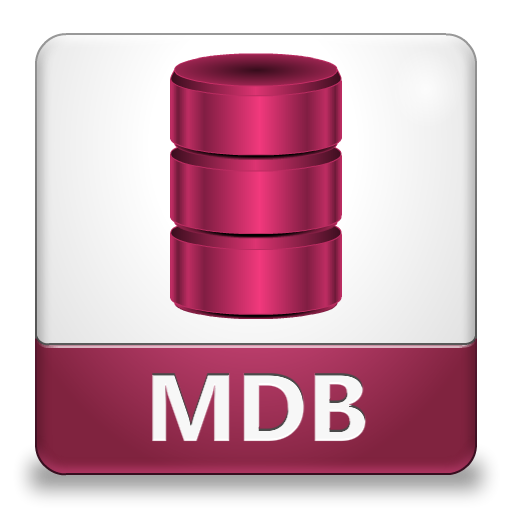A quick summary that may help people who are installing AngularJS v2 and need to make sure they have the latest stuff.
First off, CentOS does not use a recent version of Node,js or NPM due to, well, lots of reasons! In fact the version the repo has for Nodejs is ZERO and it is already up to 4, 5 and 6. So that’s pretty damn old. When I’m in the software store and the guy asks “hey, do you want version 6 of that software?”, I rarely find myself saying, “Nah, please hit me with version zero.” What software store do I speak of? Well, this one of course!

Anyway, here is what you do to get the version 4 for nodejs etc:
curl –silent –location https://rpm.nodesource.com/setup_4.x | bash –
yum install -y nodejs
 MDB tools sure do come in handy when you have to handle someone’s old nasty microsoft access files!
MDB tools sure do come in handy when you have to handle someone’s old nasty microsoft access files!